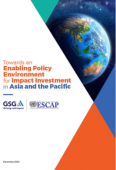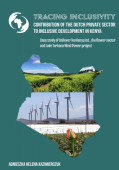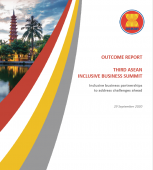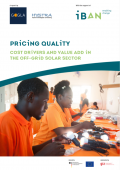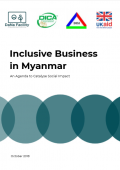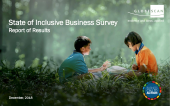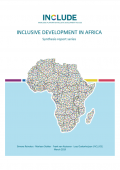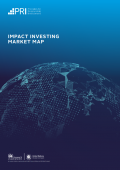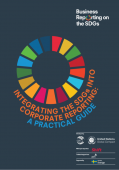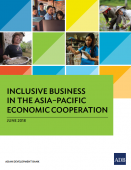IB Choice
iB Choice es una biblioteca de publicaciones temáticas cuidadosamente seleccionadas por expertos y expertas en negocios inclusivos. Esta colección complementa la base de datos de publicaciones, ayudando a los usuarios y usuarias a navegar por una variedad de publicaciones disponibles. Cada publicación destacada en esta colección incluye recomendaciones, así como información sobre la relevancia del material para el negocio inclusivo. Los usuarios y usuarias pueden buscar entradas por tema, región y país, lo cual les permite encontrar información selectiva y específica relativa a sus necesidades e intereses.

